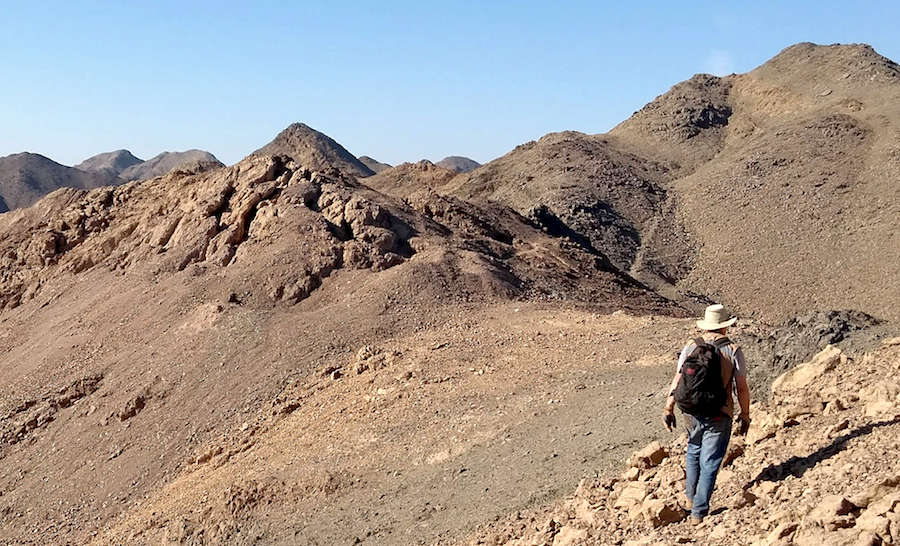
Aton Resources, which owns the Abu Marawat concession Egypt, says the government is actively supporting its emerging mining industry.
Aton Resources, which owns the Abu Marawat concession in the country’s Central Eastern Desert, noted that Cairo has come a long way in supporting its emerging mining industry.
In early 2020, Egypt ns hosted its first Mining Day at the Prospectors and Developers Association of Canada (PDAC) convention, where a new gold bid round was announced.
The auction attracted bids from mining heavyweights including Barrick Gold, Centamin and B2Gold, as well as juniors.
Campbell noted the government is yet to announce the final results and the subsequent award of exploration grounds.
Mining push
Aton became last year the second foreign company allowed to mine gold and other metals in the country, following new regulations intended to lure foreign investors.
Egypt’s previous system of royalties and profit-sharing agreements made it difficult and unprofitable for miners to explore for and exploit minerals.
The fresh rules eliminated the need for miners to form joint ventures with the government and limited state royalties to a maximum of 20%.
Egypt has implemented new rules, which scrapped the need for miners to form joint ventures with the government and limited state royalties to a maximum of 20%.
Aton’s 600-sq.-km Abu Marawat concession, located 200km north of Centamin’s Sukari gold mine, has an inferred resource of 2.9 million tonnes grading 1.75 grams gold per tonne, 29.3 grams silver per tonne, 0.77% copper and 1.15% zinc.
The plan for 2021 is to bring in two rigs for drilling at Rodruin, Hamama and other exploration targets. Aton also intends to drill additional oxide resource potential at Hamama East, untested to date.
“We also intend to bring in an RC rig for further resource delineation drilling at Hamama West, as well as drill testing some of our highly prospective exploration targets including Abu Gaharish, Sir Bakis, Bohlog, West Garida and Zeno, as we look to continue to build the overall value of our Abu Marawat concession,” Campbell said.
Egypt, which links northeast Africa with the Middle East, has targeted $700 million in new investments in the mining and energy sectors by 2030.




